Corruption Is All Fun and Games Until It Threatens to Tank the Economy
WSJ has a follow-up to the story Reuters published a week ago, on November 5 (which I wrote about here). The Reuters piece described that FHFA’s Inspector General had been fired as he was preparing to share information relevant to EDVA’s cases — so Letitia James — and also Congress.
The ouster of Joe Allen, FHFA’s acting inspector general, follows the agency’s director, Bill Pulte, becoming an outspoken voice in support of the Trump administration. Across the government, the Trump administration has so far fired or reassigned close to two dozen agency watchdogs, who police waste, fraud and abuse. It has also defunded the group that supervises those offices.
[snip]
Allen received notice of his termination from the White House after he made efforts to provide key information to prosecutors in that office, according to four sources. The information he turned over was constitutionally required, two of them said, while a third described it as being potentially relevant in discovery.
His ouster also came about as he was preparing to send a letter to Congress notifying lawmakers that the FHFA was not cooperating with the inspector general’s office, three of the sources said.
WSJ describes that Allen was investigating whether Bill Pulte ordered people to snoop in Trump’s adversaries’ records. It also confirms that Allen did share that information with EDVA (it doesn’t mention whether Allen had succeeded in sending off any letter to Congress).
Fannie Mae watchdogs who were removed from their jobs had been probing if Trump appointee Bill Pulte had improperly obtained mortgage records of key Democratic officials, including New York Attorney General Letitia James, according to people familiar with the matter.
Fannie’s ethics and investigations group had received internal complaints alleging senior officials had improperly directed staff to access the mortgage documents of James and others, according to the people. The Fannie investigators were probing to find out who had made the orders, whether Pulte had the authority to seek the documents and whether or not they had followed proper procedure, the people said.
That group elevated the probe about the James documents to the more senior Office of Inspector General for the Federal Housing Finance Agency, the agency that oversees Fannie Mae and Freddie Mac and that Pulte heads, the people said. The acting inspector general then passed the report to the U.S. attorney’s office in eastern Virginia, some of the people said.
[snip]
The FHFA acting inspector general sent the office the report at least in part because it could be considered material information for James’s defense in the case, one of the people said.
The very days this all happened, on November 4, the Loaner AUSA in the James case, Roger Keller, filed a notice saying DOJ was not going to comply with Judge Jamar Walker’s order to turn over vindictive and selective prosecution evidence, specifically pointing to the carve out in Federal Rules of Criminal Procedure for “reports, memoranda, or other internal government documents” made by “other government agents in connection with the investigation,” language that would cover any FHFA reports into Bill Pulte’s corruption.
Federal Rule of Criminal Procedure 16 does not require the Government to produce vindictive/selective prosecution-related evidence before a defendant files such a motion. The Rule permits a defendant to discover evidence material to her defense, FED. R. CRIM. P. 16(a)(1)(C), but “defense” means the “defense against the Government’s case in chief, . . . not to the preparation of selective prosecution claims.” Armstrong, 517 U.S. at 462 (citing FED. R. CRIM. P. 16(a)(1)(C))(emphasis added). FED. R. CRIM. P. 16(a)(2) underscores the limitation to “defense” as it “exempts from defense inspection ‘reports, memoranda, or other internal government documents made by the attorney for the government or other government agents in connection with the investigation or prosecution of the case.’” Id. (quoting FED. R. CRIM. P. 16(a)(2)). “If a selective-prosecution claim is a ‘defense,’ Rule 16(a)(1)(C) gives the defendant the right to examine Government work product in every prosecution except his own.” Id. [my emphasis]
James did mention the earlier Reuters report in her vindictive and selective prosecution motion, submitted last Friday.
The retribution campaign against AG James had only just begun. Around the same time, another federal agency, the Federal Housing Finance Agency (FHFA), led by Director William Pulte, was also looking for dirt to use against AG James. By April 14, they had concocted it. Mr. Pulte delivered a criminal referral “[b]ased on media reports” to DOJ against AG James, claiming she had “in multiple instances, falsified bank documents and property records to acquire government backed assistance and loans and more favorable loan terms.” Ex. F at 1. The criminal referral cherry-picked documents to claim fraud over three properties—one even going back to 1983—none of which was the Peronne Property at issue in the indictment.16 The referral asked DOJ to open a criminal investigation into AG James. See Ex. F at 1. Mr. Pulte also coordinated with Edward Martin—the self-described “captain” of DOJ’s Weaponization Working Group who is President Trump’s close confidante and would later also be named a Special Attorney.17
16 Mr. Pulte’s conduct demonstrates how far allies of the President would go to carry out his “get James” orders. Public reports indicate that Mr. Pulte “skipped over his agency’s inspector general when making criminal referrals” against President Trump’s political enemies. Reports also indicate he may have bypassed ethics rules in doing so. Marisa Taylor & Chris Prentice, Exclusive: Trump official bypassed ethics rules in criminal referrals of Fed governor and other foes, sources say, Reuters (Oct. 6, 2025), https://perma.cc/HK6Y-LJVR. The FHFA has no generalized crimefighting or anti-fraud authority. It does not even have an express authority to make criminal referrals besides those granted to the FHFA’s Inspector General under the Inspector General Act of 1978. In addition to violations of the act itself, Mr. Pulte may have failed to comply with the FHFA’s own Privacy Act regulations, which require FHFA to “ensure” that records containing personally identifiable information are “protected from public view.” Domenic Powell, Are Pulte’s “Mortgage Fraud” Investigations Legal?, Yale J. Reg.: Notice and Comment (Nov. 1, 2025), https://perma.cc/2U6G-S46X.
17 Alan Feuer et al., Trump Demands That Bondi Move ‘Now’ to Prosecute Foes, N.Y. Times (Sept. 20, 2025), https://perma.cc/FC9R-U8TK. [link added]
This story may provide opportunity to submit a follow-up (or at least revisit the issue in a reply memo due in two weeks).
By then, of course, we may have more visibility into who got Allen fired, and whether simply the referral to Lindsey Halligan did the trick.
Particularly if Allen did succeed in getting that letter sent to Congress.
All this is happening at a curious time. First, just yesterday Politico claimed someone in Trump’s immediate orbit was furious at the way Pulte sold Trump on an insanely stupid 50-year mortgage plan.
White House officials are furious with Bill Pulte, the Federal Housing Finance Agency director, who talked the president into suggesting a 50-year mortgage plan.
The White House was blindsided by the idea, according to two people familiar with the situation granted anonymity to discuss internal thinking, and is now dealing with a furious backlash from conservative allies, business leaders and lawmakers.
On Saturday evening, Pulte arrived at President Donald Trump’s Palm Beach Golf Club with a roughly 3-by-5 posterboard in hand. A graphic of former President Franklin Roosevelt appeared below “30-year mortgage” and one of Trump below “50-year mortgage.” The headline was “Great American Presidents.”
Roughly 10 minutes later, Trump posted the image to Truth Social, according to one of the people familiar, who was with the president at the time.
Almost immediately, aides were fielding angry phone calls from those who thought the idea – which would endorse a 50 year payback period for a mortgage – was both bad politics and bad policy, a move that could raise housing costs in the long run, the person said.
After describing fury about how Pulte did this — hitting Trump up with visuals at the golf club — Politico spends 11 paragraphs describing a range of people panning the idea before describing the last time Pulte did this: when pitching a plan to bring Fannie and Freddie public, another insanely stupid idea.
“Anything that goes before POTUS needs to be vetted,” said the person present for Pulte’s poster presentation. “And a lot of times with Pulte they’re not. He just goes straight up to POTUS.”
[11 ¶¶ of influencers and experts panning the idea]
This is not the first time Pulte’s policy proposals have caused headaches. He was also behind the idea Trump floated earlier this year to take Fannie Mae and Freddie Mac public, which also resulted in significant pushback from industry.
Which brings us to the very last paragraph of the WSJ story, a story mostly focused on Pulte’s investigation-related corruption. It suggests Pulte’s corruption may make it harder to bring Fannie and Freddie public, that prior idea he floated by cornering Trump with unvetted ideas.
The Trump administration is considering an initial public offering for Fannie Mae and Freddie Mac, one of the biggest IPOs in history at a crucial moment for the mortgage market. That process will require convincing potential investors, and the broader mortgage-bond market, the management of the companies is stable.
As I read both James’ and Comey’s motions to dismiss for vindictive prosecution, there’s part of me that selfishly wants this process to be one step harder than it needs to be: rather than simply dismissing on the abundant evidence of vindictive prosecution laid out (or, even more likely, because Lindsey the Insurance Lawyer is only playacting as US Attorney, about which there is a hearing tomorrow), I want them to get discovery so we can unpack all this process and bring down the corrupt enablers like Pulte, Eagle Ed Martin, on up to Pam Bondi and Todd Blanche.
Still, there’s something that may force this to go even more public than it otherwise would: Lisa Cook, into whose private records Pulte was likely also snooping, who will have a hearing about whether Trump attempted to fire her “for cause,” or because Pulte snooped in her private records looking for cause.
Corruption is all fun and games until it gets fast-tracked to SCOTUS (where, admittedly, Justices have been all too happy to legalize corruption). It’s all fun and games, Trump’s team seems to believe, until it poses a risk to the housing market.
For whatever reason, Bill Pulte seems to be getting fast-tracked in Trump world, from a useful corrupt flunky to a dangerous liability.

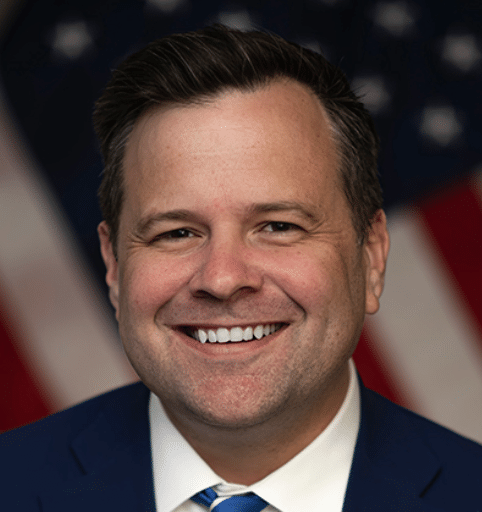
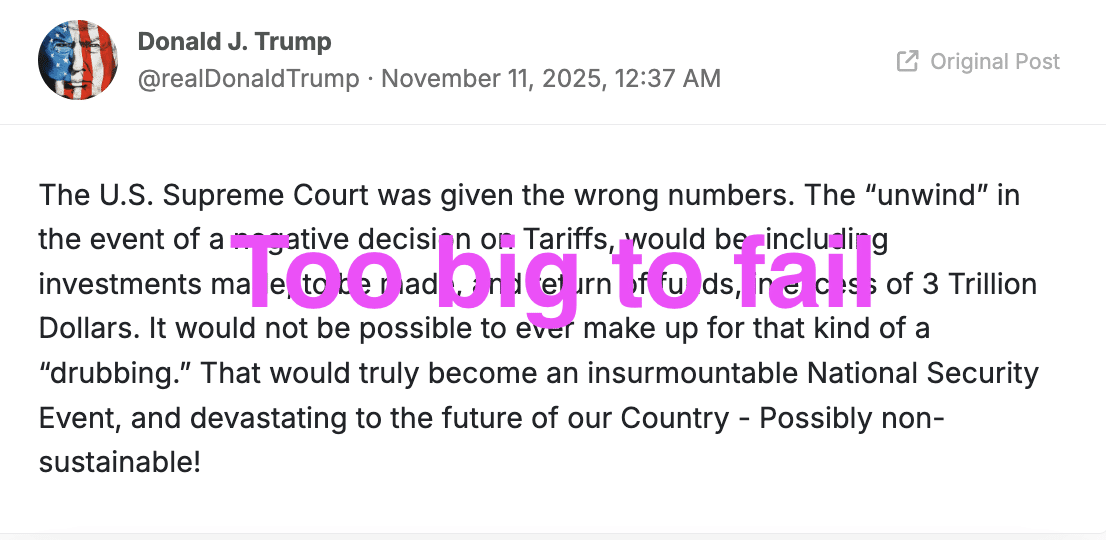

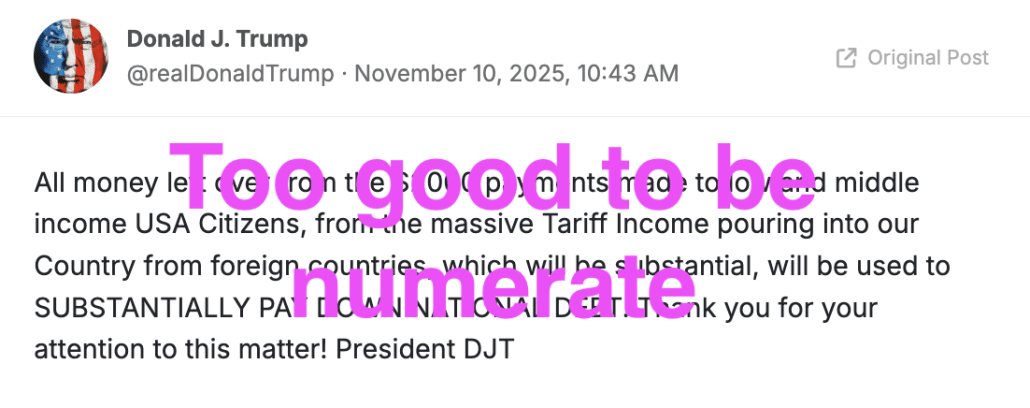
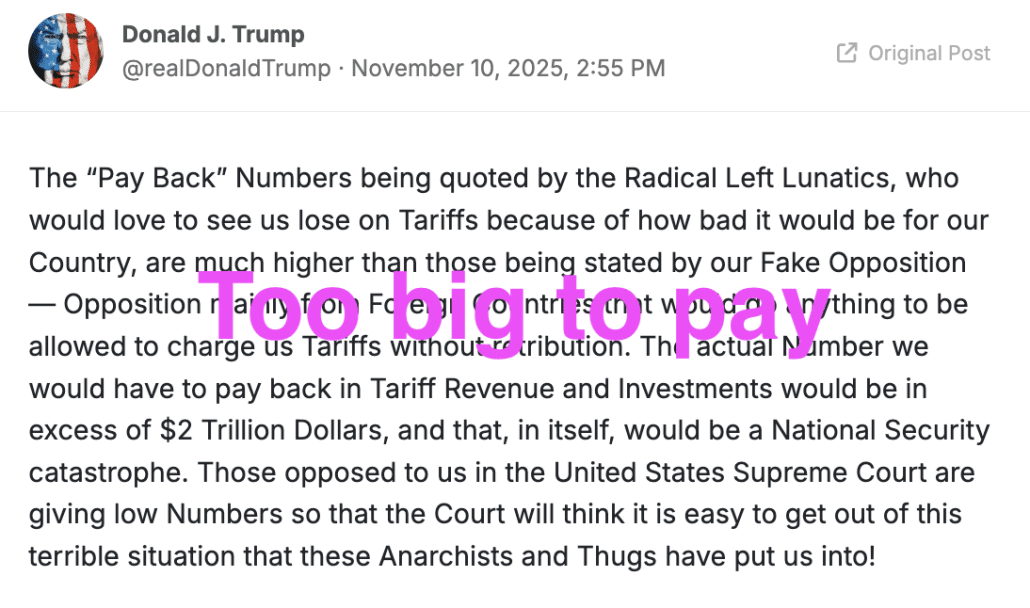
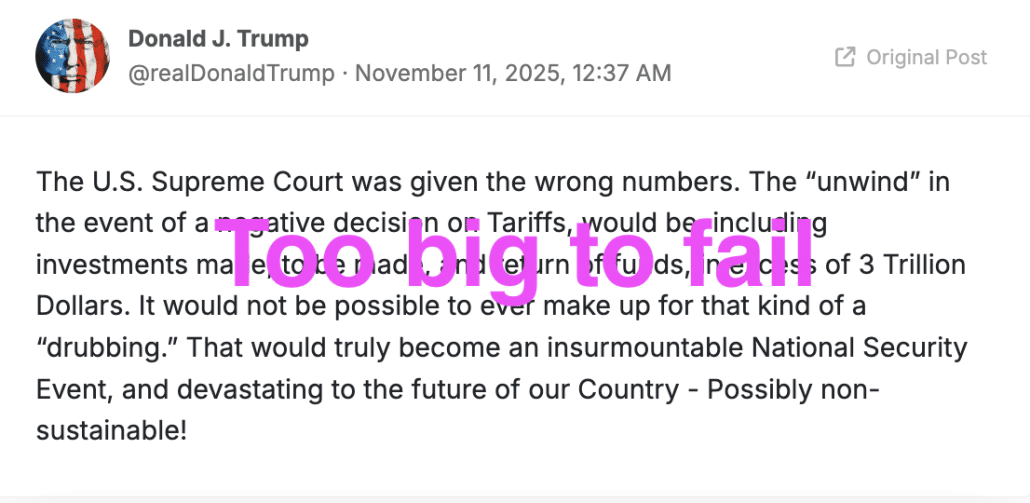

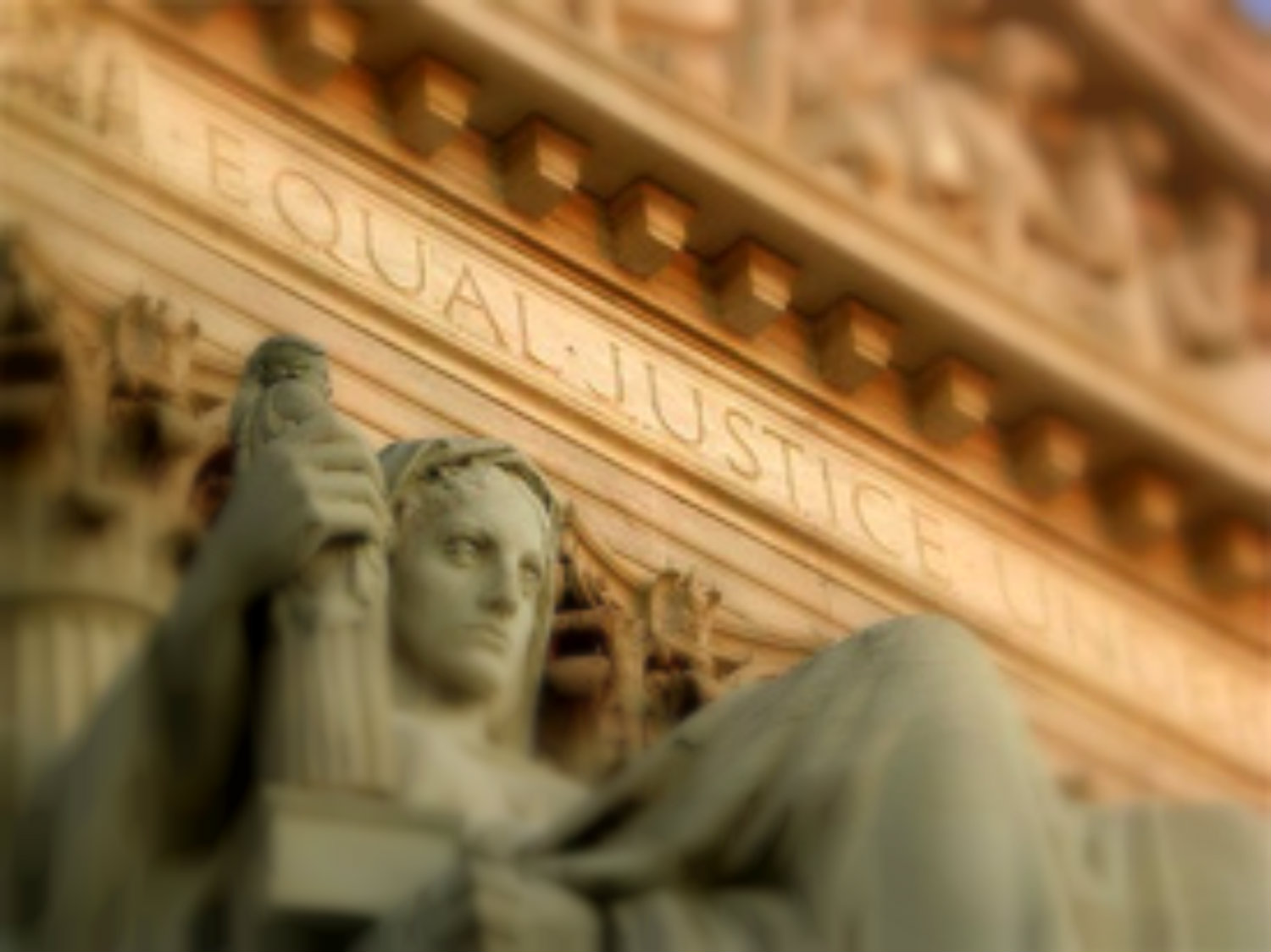
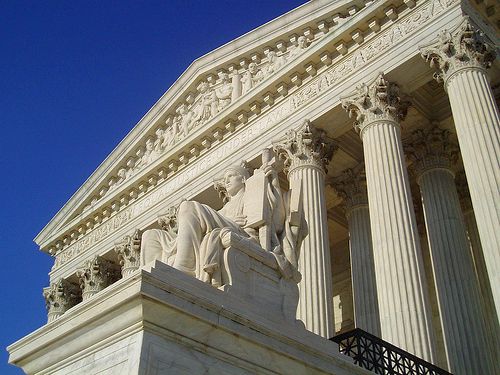
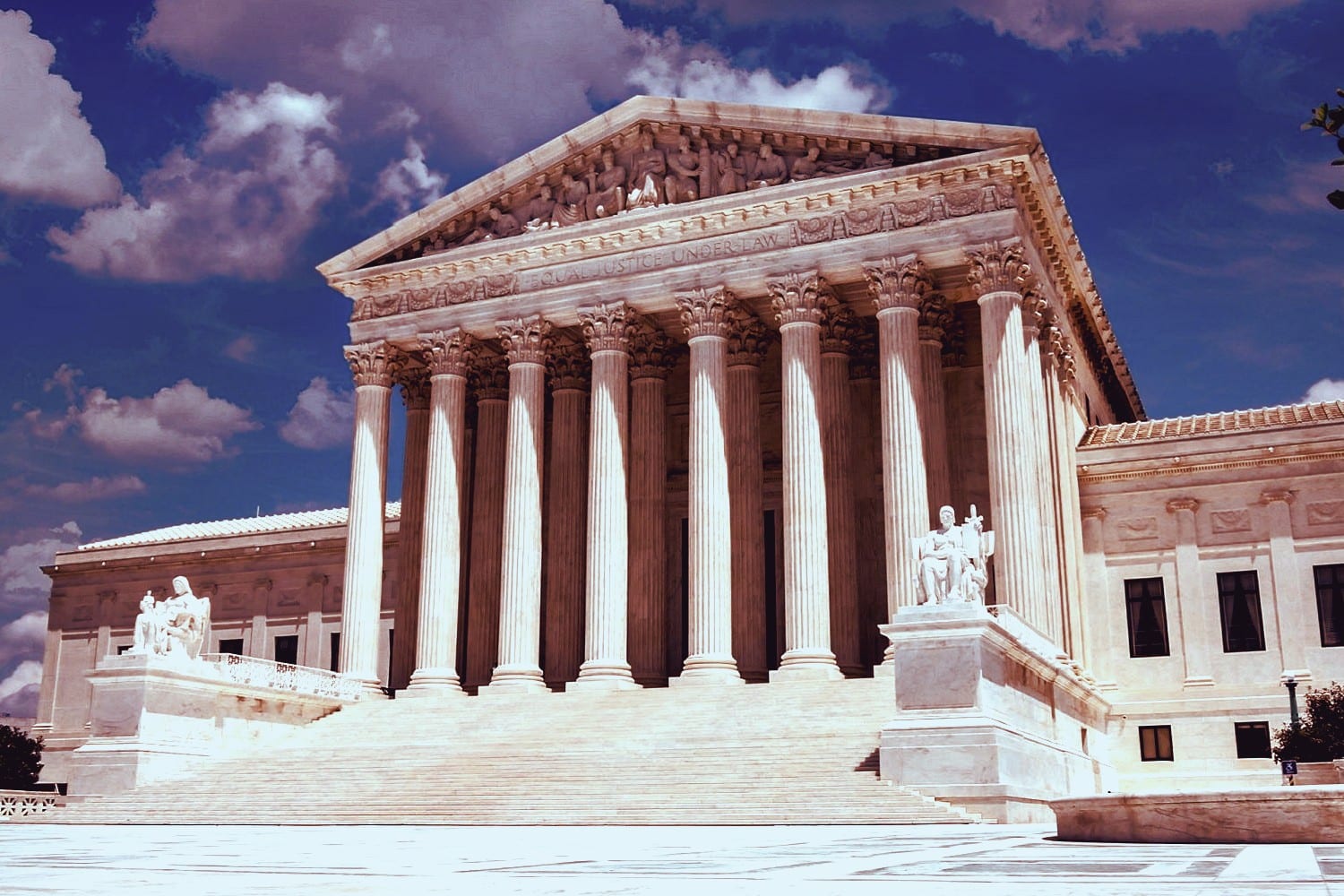


 none
none